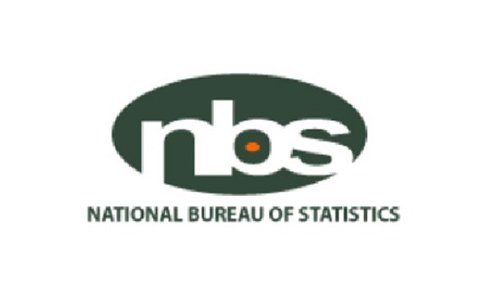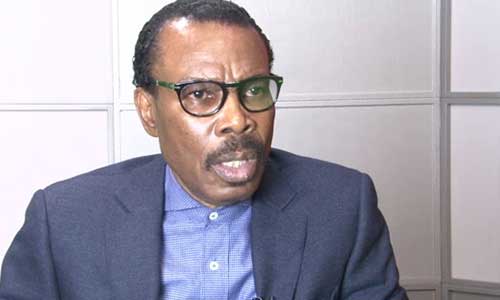SECTOR INSIGHT 25/08/2023
Unemployment Rate Down to 4.1% in Q1

The National Bureau of Statistics (NBS) says the unemployment rate is 4.1% in the first quarter (Q1) of 2023. This is lower compared to the 5.3% in the fourth quarter (Q4) of 2022.
The Nigeria Labour Force Survey are a set of indicators designed to provide insights into the dynamics of the workforce in Nigeria.
The Statistician General of the Federation, Prince Adeyemi Adeniran released the figures on Thursday in Abuja during the launch of the new Nigeria Labour Force Survey (NLFS) for Q4 2022 and Q1 2023.
He said the revised and new methodology aligns Nigeria’s Labour statistics with neighbouring countries; Ghana, Niger, Chad, Cameroon, Benin Republic, Gambia.
The new methodology analysed data of unemployment, underemployment and informal employment as well as hours used at work.
The revised methodology defined employed persons as those working for pay or profit and who worked for at least one hour in the last 7 days, and considers underemployed persons as those working less than 40 hours per week and declaring themselves willing and available to work more.
Unemployed persons are those not in employment but actively searching and are available for work (i.e did nothing for pay or profit).
Also, working-age population covers ages 15 and above, and a distinction is made between commercial and subsistence agriculture in the revised methodology.
Other key highlights of the report shows that about three-quarter of working-age Nigerians are employed (73.6% in Q4 2022 and 76.7% in Q1 2023). This indicates that most people are engaged in a type of job or another for at least one hour in a week, for pay or profit.
According to the report, the share of wage employment was 13.4% in Q4 2022 and 11.8% in Q1 2023, while more Nigerians operate their own businesses or engaged in farming activities, recorded at 73.1% in Q4, 2022 and 75.4% in Q1, 2023.
It maintained that underemployment rate was 13.7% in Q4 2022 and 12.2% in Q1 2023 while rate of informal employment including agriculture among the employed Nigerians was 93.5% in Q4 2022 and 92.6% in Q1 2023.
Unveiling the report, the Minister of Budget and Economic Planning, Abubakar Bagudu, the data would serve as a blueprint for evidence-based policymaking as it would empower stakeholders to make informed decisions that can shape the country’s labour market and economy.
Also, in separate messages, Professor Mike Obadan and Professor Ode Ojuwo advised that since the data from this recent report could not be compared with data from previous Nigeria Labour Force Survey due to difference in methodology, the NBS should embark on massive sensitisation.
They also urged the Bureau to take into consideration in the future children that engage in work in order to aid advocacy to end child labour.



